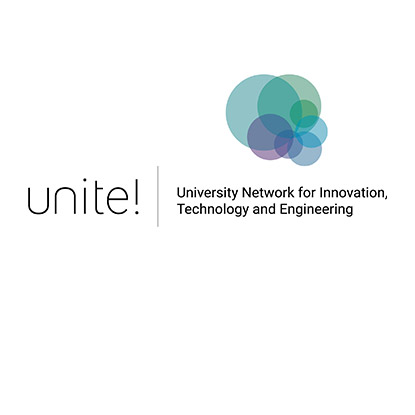Unite!-Master Communications and Data Science
Apply now and choose between three Unite! universities
2023/03/30
This master's programme allows you to choose between three Unite! universities, to advance your knowledge in the broad field of computer networks and cybersecurity, and gain professional experience through tailored industry-relevant projects and entrepreneurship training. Application is already open and the deadlines vary from February to May, depending on the University students chose for their first year.

The Master's Programme in Communications and Data Science is a double degree programme offered by the Unite! alliance. It’s a two-year programme carried out jointly with three Unite! partner universities: Aalto University, Grenoble INP Graduate schools of Engineering and Management at Université Grenoble Alpes, and Técnico Lisboa at Universidade de Lisboa in Portugal. Students start their studies in one of these universities and after one year, they will change their study place. In the first year, all universities have a comparable programme. In the second year, they’ll choose their area of specialisation, which is different in each university.
More information on the registration process can be found on the Unite! website.
Unite!
About Unite!
Alongside TU Darmstadt as the coordinator, Unite! (University Network for Innovation, Technology and Engineering) also includes Aalto University (Finland), KTH Royal Institute of Technology (Sweden), Grenoble Institute of Technology (France), Politecnico di Torino (Italy), Universitat Politècnica de Catalunya (Spain) and Universidade de Lisboa (Portugal).
The seven partner universities aim to use the European University to create a trans-European campus for students and researchers with the involvement of regions and companies. The partners have a total of 167,000 students, already cooperate closely in more than 80 EU projects and have exchanged more than 2,000 students in the past five years. The alliance has set itself the goal of combining courses for the benefit of students, breaking down existing technical and administrative hurdles, and thus significantly increasing student mobility. Research will also benefit from the conditions created for larger and easier cooperation, which will strengthen the competitiveness of the European Higher Education Area overall.

